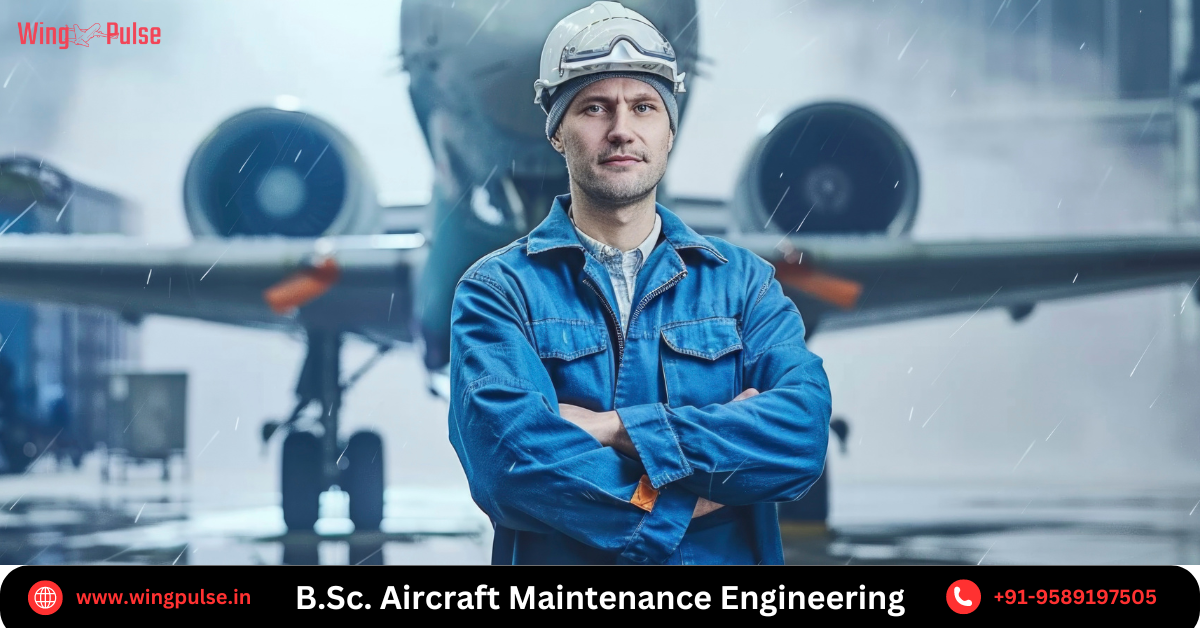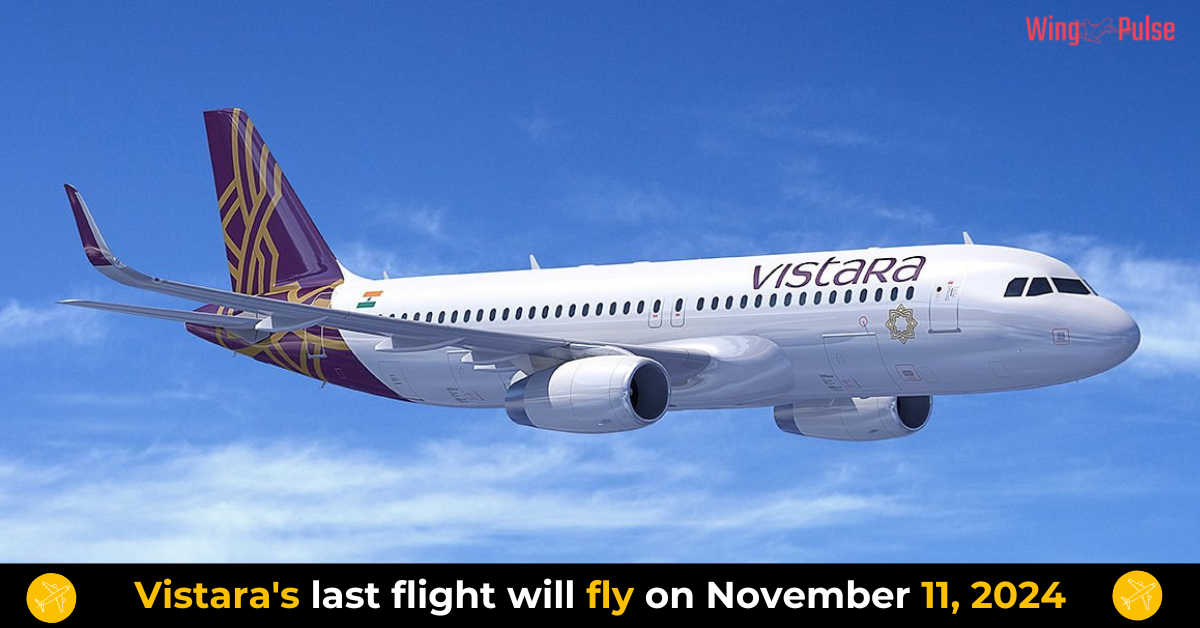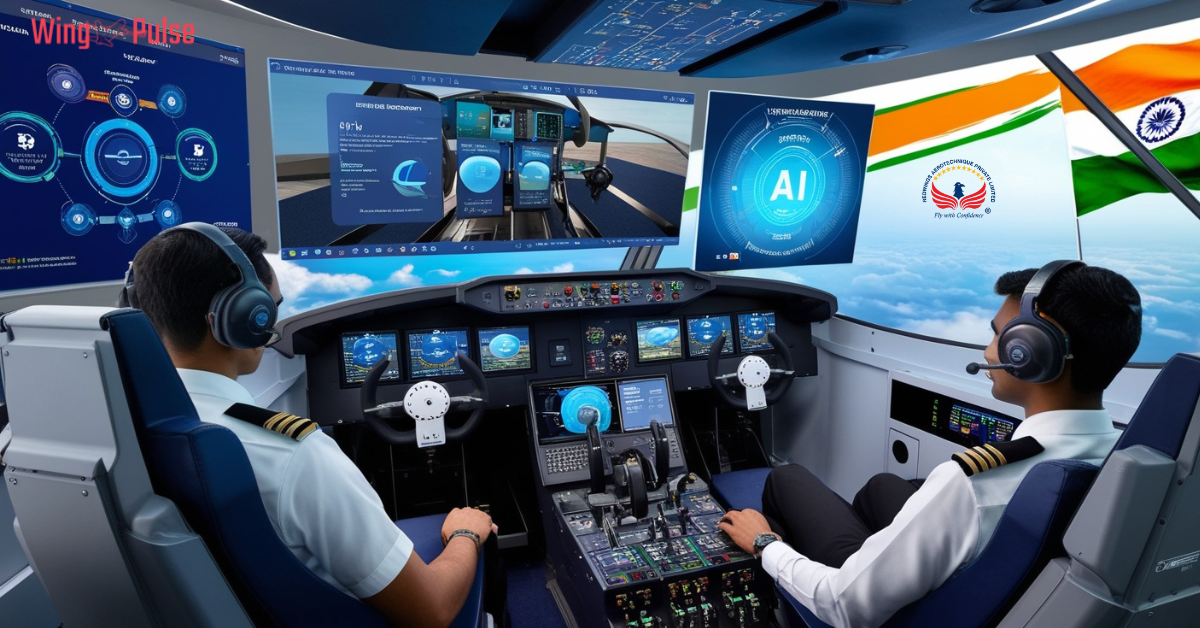B.Sc. in Aircraft Maintenance Engineering

B.Sc. in Aircraft Maintenance Engineering : Pursuing a B. Sc in Aircraft Maintenance Engineering. This course identifies prospects of studying Aircraft Maintenance Engineering (AME) in India and the job prospect that comes with it. Through this program students acquire the technical knowledge and skills required in countering hazards that may arise in aircraft operations. This is a clear breakdown of what the program encompasses in terms of program layout, fundamental subjects, hands-on experience, credentials needed, professions available, and much more.

Table of Contents
Program Structure for B.Sc. in Aircraft Maintenance Engineering
The B. Sc. Aircraft Maintenance Engineering is , as a rule, an undergraduate course spanning three years. He incorporates the didactic method of teaching in the classroom with the practical clinical sessions. The curriculum that is estimated is supposed to help the students to gain intensive knowledge in the field of engineering and particular aircraft maintenance.
Yearly Breakdown
- Year 1 : Equates to first year in Universities which makes it cover very basic engineering subjects and an introduction to aviation.
- Year 2 : Focuses on specializations of aircraft and the ways of aircraft maintenance.
- Year 3 : Closely linked to the material, which is devoted to in-depth topics, work on practical exercises, and preparation for certification.
Core Subjects B.Sc (AME)
Among the basic discipline in the B. Sc. AME program also get in to lot of subjects that is necessary for maintaining and repairing aircrafts. Some of the key subjects include :
- Aerodynamics : It is the scientific discipline that involves the assessment of the behaviour of air and how it affects the surfaces of aircrafts.
- Aircraft Structures : It should be noted that it is significant to have a necessary understanding of the construction and the materials that goes into building an aircraft.
- Aircraft Systems : Concise specification of the paper as including the analysis of the aircraft electrical, hydraulic, and pneumatic systems.
- Avionics : Concern with the electronic systems that are applied in aviation such as the navigational and communication systems.
- Propulsion Systems : Looking at the aircraft engines there are the turbine engines and the piston engines.
- Regulations and Safety : Shall have adequate knowledge of the aviation Laws, regulations and safety measures in the country of Residence.
- Practical Training : In this case, therefore, the proposed practical training forms part of the B. Sc. AME program. It makes sure that students can relate what they learn in a classroom to the actual society. This training typically includes : Workshops and Laboratories: Practical exposure on the part of aircraft components as well as systems.
Certification and Licenses
After finalizing the B. Sc. In the AME program students need to undergo and pass their relevant examinations and tests to become licensed Aircraft Maintenance Engineers. The Indian DGCA has the major certification and all the airlines working in the country are bound to follow its standard. The certification process typically involves:The certification process typically involves :
- DGCA Exams : By having to complete written and practical tests set by the DGCA through out the course of training.
- On-the-Job Experience : Gaining enough practical experience to work under the supervision of a licensed engineer as a condition for one to be eligible for a license.
- Type Ratings : Acquiring necessities that enable one to have specialization in certain categories of aircrafts as demanded by employers.
After certification, an Aircraft Maintenance Engineer can both inspect and carry out repair on an aircraft to certify that it is airworthy.
Career Pathways
Repository of graduates of the B. Sc. AME program have several employment prospects in the flights industry. Some potential career paths include:Some potential career paths include:
- Aircraft Maintenance Engineer : It has the responsibility of overhauling and repairing of the aircraft in line with industry standards of safety and airworthiness.
- Avionics Technician : They specifically deal with the repair and sustaining of the electrical and electronics sector of airplanes such as the instruments and or gadgets used in navigation and communication.
- Quality Control Inspector : Assures that all works done in relation to maintenance meet the laid down aviation laws and regulations and safety measures.
- Technical Service Engineer : Responsible for diagnosing defects in aircraft systems and components as well as advisories on the same.
- Aircraft Manufacturing : Refers to assisting the aircraft manufacturers in assembling new aircrafts and conducting initial tests on the aircrafts.
- Airline Maintenance Manager : Responsible for the upkeep of maintenance for an airline, so that all airplanes are adequately worked on.
- Regulatory Authority Positions : Engage with the aviation regulatory organizations for instance the DGCA with the aim of facilitating their compliance to the laid down standards in safety.
Salary Prospects
It is thus significant to evaluate the employment status as well as the estimated pay scale of the qualified graduates with a B. Sc. The prospects for using normative data obtained from the general population in AME are quite promising. Rad techs’ wages usually start with an industry-standard wage, but skills and further certification lead to higher bonuses. Here’s an overview of potential earnings:Here’s an overview of potential earnings :
- Entry-Level : RS 300000-500000 per annum
- Mid-Level : For mid level positions they estimate INR 6-10 lakhs per annum.
- Senior-Level : INR 12-20 lakh per annum
This is because employer, geographical location and the specific employees’ job description determine the remunerations offered.
A B.Sc. prospects for employment of candidates in the Aircraft Maintenance Engineering in India can provide substantial jobs in the aviation sector. The clarity of the subjects to be followed in the program, and the Graduation, practical training, certification along with flexibility of overall job assignments at the end of the program is likely to equip these students to become strategic in maintaining and assuring the aircraft’s safety. With the growing demand


